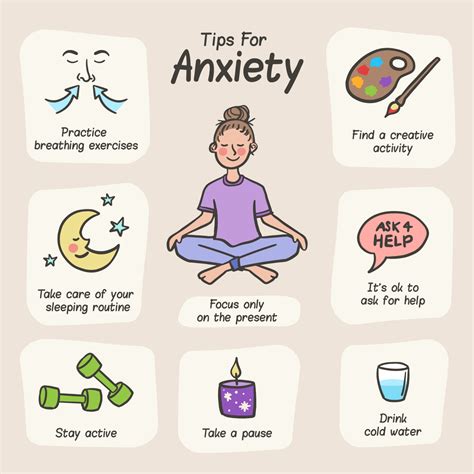How to Lower Anxiety: Practical Strategies for a Calmer You
Anxiety. That persistent feeling of unease, worry, and nervousness that can impact every aspect of our lives. It's a common experience, but that doesn't make it any less debilitating. Fortunately, there are many effective strategies to manage and lower anxiety. This guide provides practical techniques you can implement today to start feeling calmer and more in control.
Understanding Your Anxiety
Before diving into solutions, it's crucial to understand the root of your anxiety. Is it triggered by specific events, situations, or is it more generalized? Identifying your triggers is the first step towards managing them effectively. Consider keeping a journal to track your anxiety levels and note any patterns or contributing factors.
Identifying Triggers: A Key First Step
Common anxiety triggers include:
- Stressful life events: Job loss, relationship problems, financial difficulties.
- Social situations: Public speaking, large gatherings, meeting new people.
- Health concerns: Physical illnesses, chronic pain.
- Substance use: Caffeine, alcohol, and other stimulants can exacerbate anxiety.
- Underlying conditions: Anxiety can be a symptom of other conditions, such as depression or PTSD.
Identifying your triggers allows you to develop targeted coping mechanisms.
Practical Techniques to Lower Anxiety
Now that we understand the importance of identifying triggers, let's explore practical strategies to actively lower anxiety:
1. Breathing Exercises: Your Instant Calming Mechanism
Deep, controlled breathing can significantly reduce anxiety symptoms. Try these techniques:
- Box breathing: Inhale for 4 seconds, hold for 4 seconds, exhale for 4 seconds, hold for 4 seconds. Repeat.
- Diaphragmatic breathing: Breathe deeply into your belly, allowing your abdomen to rise and fall.
2. Mindfulness and Meditation: Finding Inner Peace
Mindfulness practices involve focusing on the present moment without judgment. Regular meditation can help calm the mind and reduce racing thoughts, a common symptom of anxiety. Even short, 5-10 minute sessions can be incredibly beneficial.
3. Exercise: The Natural Anxiety Reliever
Physical activity releases endorphins, which have mood-boosting effects. Regular exercise, whether it's a brisk walk, yoga, or a more intense workout, can significantly reduce anxiety levels. Aim for at least 30 minutes of moderate-intensity exercise most days of the week.
4. Cognitive Behavioral Therapy (CBT): Reshaping Negative Thoughts
CBT helps identify and challenge negative thought patterns and behaviors contributing to anxiety. A therapist can guide you through techniques to reframe negative thoughts and develop more adaptive coping strategies.
5. Lifestyle Changes for Lasting Anxiety Relief
Several lifestyle adjustments can significantly impact your anxiety levels:
- Healthy Diet: A balanced diet rich in fruits, vegetables, and whole grains provides the nutrients your body needs to function optimally.
- Sufficient Sleep: Aim for 7-9 hours of quality sleep per night.
- Limit Caffeine and Alcohol: These substances can worsen anxiety symptoms.
- Social Support: Connecting with supportive friends and family can provide comfort and reduce feelings of isolation.
6. Relaxation Techniques: Unwinding Your Mind and Body
Beyond breathing exercises and meditation, explore other relaxation techniques:
- Progressive muscle relaxation: Systematically tense and release different muscle groups to relieve physical tension.
- Guided imagery: Visualize calming scenes and situations to promote relaxation.
- Yoga and Tai Chi: These practices combine physical movement with mindfulness and deep breathing.
Seeking Professional Help: When to Reach Out
While these strategies are helpful, it's essential to seek professional help if your anxiety is severe, persistent, or interfering with your daily life. A therapist can provide a personalized treatment plan that may include therapy, medication, or a combination of both. Don't hesitate to reach out – you're not alone.
Conclusion: Your Journey to a Calmer You
Lowering anxiety is a journey, not a destination. Be patient with yourself, experiment with different techniques, and celebrate your progress along the way. By incorporating these strategies into your daily life, you can take control of your anxiety and create a calmer, more fulfilling life. Remember, seeking help is a sign of strength, not weakness.
